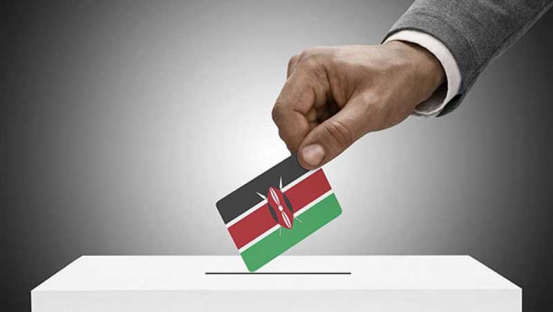
Political power play in any country has wide effect beyond the particular country. This is particularly the case when powerful or influential States within certain regional zones behave in an indecisive manner. While the United States is an example of a global power, Kenya is an example of a small regional power and political developments in either affects the world or their neighbours. At times, they both have politicians who specialize in political bad behaviour. They create political chaos and do not care what the effect on their countries would be both domestically and globally.
Similarities